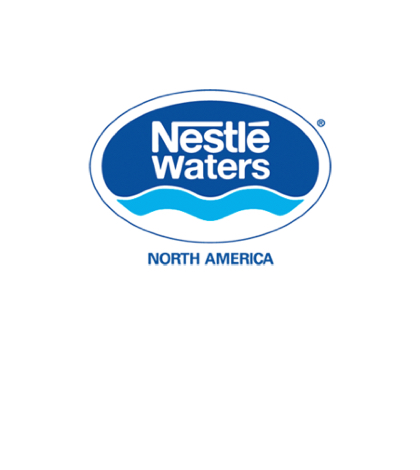Nestlé Waters, headquartered in Vittel, France recently announced its intent to certify all of its sites to the Alliance for Water Stewardship (AWS) Standard by 2025. This decision is an extension of its commitment to water stewardship; having first committed to the AWS Standard in 2017, Nestlé has already certified eight of its factories including sites in Pakistan, Canada and the United States. Six of the facilities are in North America including five bottling factories in California and one in Hope, Canada.
“Water is one of the most critical sustainability challenges facing society and our business. At Nestlé, we care for water. We are 100 percent committed to safeguarding water resources for future generations,” said Nestlé Waters CEO, Maurizio Patarnello. “By pledging to certify all our Nestlé Waters sites against this publicly recognized, credible water stewardship standard, we demonstrate how we positively contribute to water resources where we operate for the shared benefit of all.”
The Alliance for Water Stewardship (AWS) certification is the first standard to globally promote best practice in water stewardship that benefits communities and preserves local watersheds. The AWS certification process enables broader, improved collaboration among local stakeholders. This leads to a stronger understanding of local water challenges and more meaningful collective actions to address sustainable water resources management.
Speaking about the new commitment by Nestlé Waters for its 2025 certification goal, Adrian Sym, AWS CEO, said “Responsible water stewardship is an issue that concerns us all – businesses, governments, individuals and communities. Meaningful and inclusive collaboration is the only way we can positively contribute to the future of water. We hope other major businesses will follow in these footsteps.”
The AWS Standard promotes responsible water use that benefits local communities socially and economically, while ensuring environmental sustainability of watersheds – all of which are priorities for Nestlé. California was selected as the first location for Nestlé’s AWS certification in the U.S. because of the shared water challenges in the state. Additionally, the Cabazon, California factory was the first facility in North America to achieve an AWS Gold certification. The Nestlé Cabazon’s AWS Gold certification is reflective of the facility’s meeting advanced-level AWS criteria, including a consensus of stakeholders affirming the positive contributions that the Cabazon factory has made on water balance and the quality of the catchment.
“Water is a shared resource and a shared responsibility, and caring for it requires close collaboration with other water users,” said Valeria Orozco, Director of Sustainability at Nestlé Waters North America. “AWS provides us with a common language to engage with stakeholders on these shared issues, and enables a holistic approach to water stewardship. This is critical to managing our water use for long-term sustainability, as well as seeking social and economic benefits for the local community.”
The Nestlé adherence to the AWS Standard is indicative of the company’s commitment to water in four key areas: in factories, in watersheds, across its agricultural supply chains and in communities where it operates to provide access to clean water and sanitation. The company is encouraging other companies to adopt the AWS Standard across their sites and factories around the world.
“We need a continuous dialogue between local water users and a mutual understanding of the challenges facing water resources to be able to build collective actions to proactively and sustainably manage water resources,” said Nestlé Waters’ Corporate Water Resources Manager, Cédric Egger. “We are determined to act as a catalyst to develop these action plans together with other local water users wherever it matters.”
 California Water News Daily Your Source For Water News in California
California Water News Daily Your Source For Water News in California


